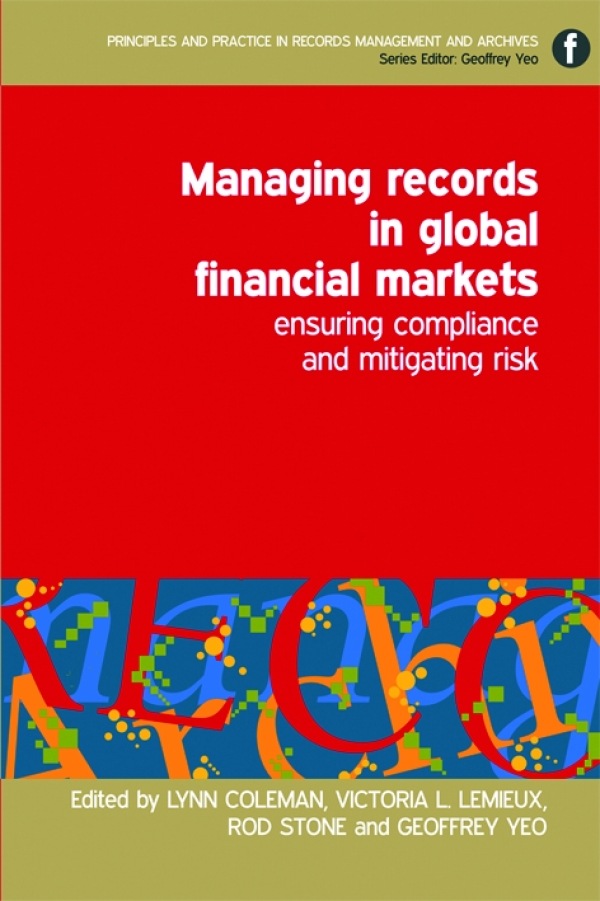Introduction to the series
Published online by Cambridge University Press: 08 June 2018
Summary
RECORDS AND ARCHIVES are important resources for individuals, organizations and the wider community. Records are created in the course of the functions and activities of organizations and the personal lives of individuals, and are preserved and maintained to support business and accountability and for cultural use. They provide evidence of, and information about, the actions of their creators and the environment in which those actions occurred. They extend and corroborate human and corporate memory and play a critical role in maintaining awareness of how the present is shaped by the past. Records are kept by almost everyone, but their management (and especially their medium-term and long-term management) is a professional discipline with its own distinctive body of knowledge. Within the discipline, ‘records’ and ‘archives’ are sometimes used as synonyms, but in English-speaking countries ‘archives’ usually denotes records which have been recognized as having longterm value. The term ‘archives’ can also be used more widely, to refer to collections of historical materials maintained by organizations, individuals, families or community groups, or to the locations where such materials are held.
The series Principles and Practice in Records Management and Archives aims both to disseminate and to add to the body of professional knowledge and understanding. Each text in the series is intended to offer a detailed overview of one or more key topics. The archives and records management discipline is experiencing rapid changes – not least as a result of the digital revolution – and the series will fully ref lect the new technological context as well as the societal changes and governmental initiatives in many countries that are placing new emphases on compliance, accountability, access to information and community relations. Some volumes in the series will address theoretical and strategic issues relating to the creation, management and interpretation of records and archives or their role in society; others will give practical guidance for those seeking successful and effective ways of managing them and presenting them to users. The authors come from many countries worldwide and are recognized experts in the field.
- Type
- Chapter
- Information
- Managing Records in Global Financial MarketsEnsuring Compliance and Mitigating Risk, pp. vii - xPublisher: FacetPrint publication year: 2011

